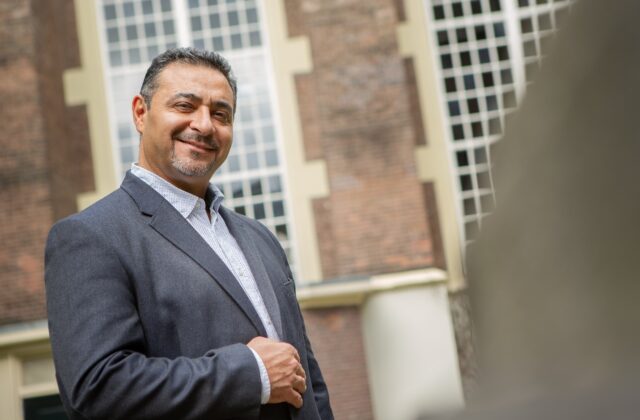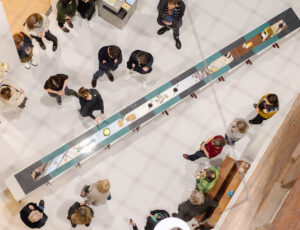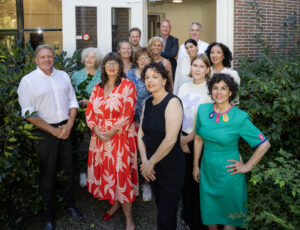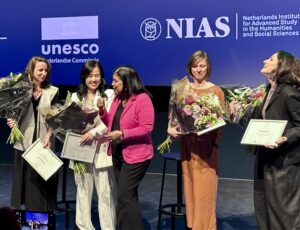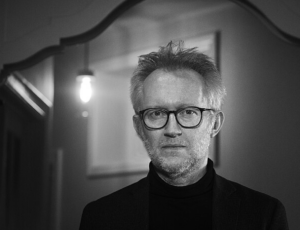About Ghazwan Yaghi
Ghazwan Yaghi was born in Syria. He studied history and architecture, obtained his PhD and worked as a researcher for over twenty years. He was an archaeologist at a government institute and a lecturer at the University of Damascus.
In 2014 he fled the war. He took his scientific insights, years of work experience and passion for the profession with him to the Netherlands. Ghazwan: ‘Buildings have motives, they speak. Buildings help you to form a complete picture of history. We have books, of course, but not all the stories you read are true. Many stories are written by people with interests. Buildings, on the other hand, never lie, they reflect the true story about people.’
Thanks to different grants, Ghazwan was able to continue his work in the Netherlands. In 2018 he took part in the Hestia programme, an initiative of the UAF and the Netherlands Organization for Scientific Research (NWO). The project gives refugee scientists the opportunity to participate in existing research projects. A year later he received a grant from Leiden University, where he worked as a senior researcher at the Institute of Area Studies.
Ghazwan currently works as a researcher at NIAS (Netherlands Institute for Advanced Study), where he continues to publish articles and books. Ghazwan: ‘Here I study the relationship between function and form of Mamluk bathhouses and society.’
In addition to his work, Ghazwan is committed to sharing his knowledge about Syria and Syrian architecture with Dutch society. He has given more than twenty presentations in recent years, including in Utrecht, Leiden and his hometown of Houten. He even set up a foundation for it: the Arabic Dutch Cultuurhuis.
Ghazwan: ‘I focus on both newcomers and Dutch people. I believe in the power of bringing two worlds together. Syrians are not unique, nor are the Dutch, but together… That’s another story. We enrich each other’s lives. I create a place where people from different backgrounds can meet and where they can learn and enjoy each other’s culture.’
The winner is announced on 4 November. A jury together with the public select the winner. You can vote for Ghazwan Yaghi until 2 November 2021.
About the UAF Award
This year, six nominees are selected to compete for the UAF Award – each of them have distinguished themselves through their study and work performance and their commitment to society. The UAF Award symbolizes the commitment and perseverance of refugee students and professionals who (re)shape their future.
The UAF is an independent foundation that represents the interests of refugee students and professionals. It has been providing support to refugee students and professionals in their studies and in finding suitable employment on the Dutch labour market since 1948. They advise refugees based on knowledge and experience, and build bridges between refugees, educational institutions, (local) governments and employers. NIAS and the UAF have been cooperating on the Scholars-at-Risk programme, and as of this year, the UAF Fellowship.
